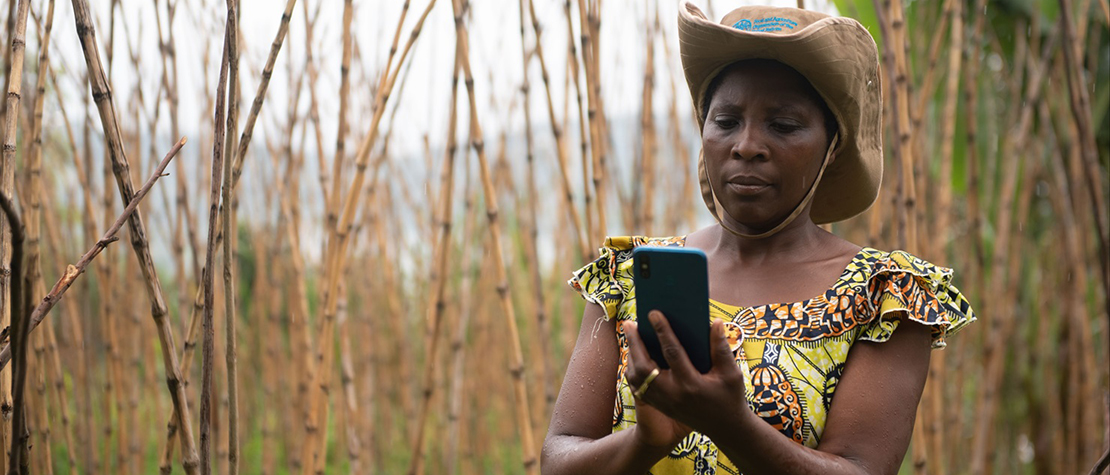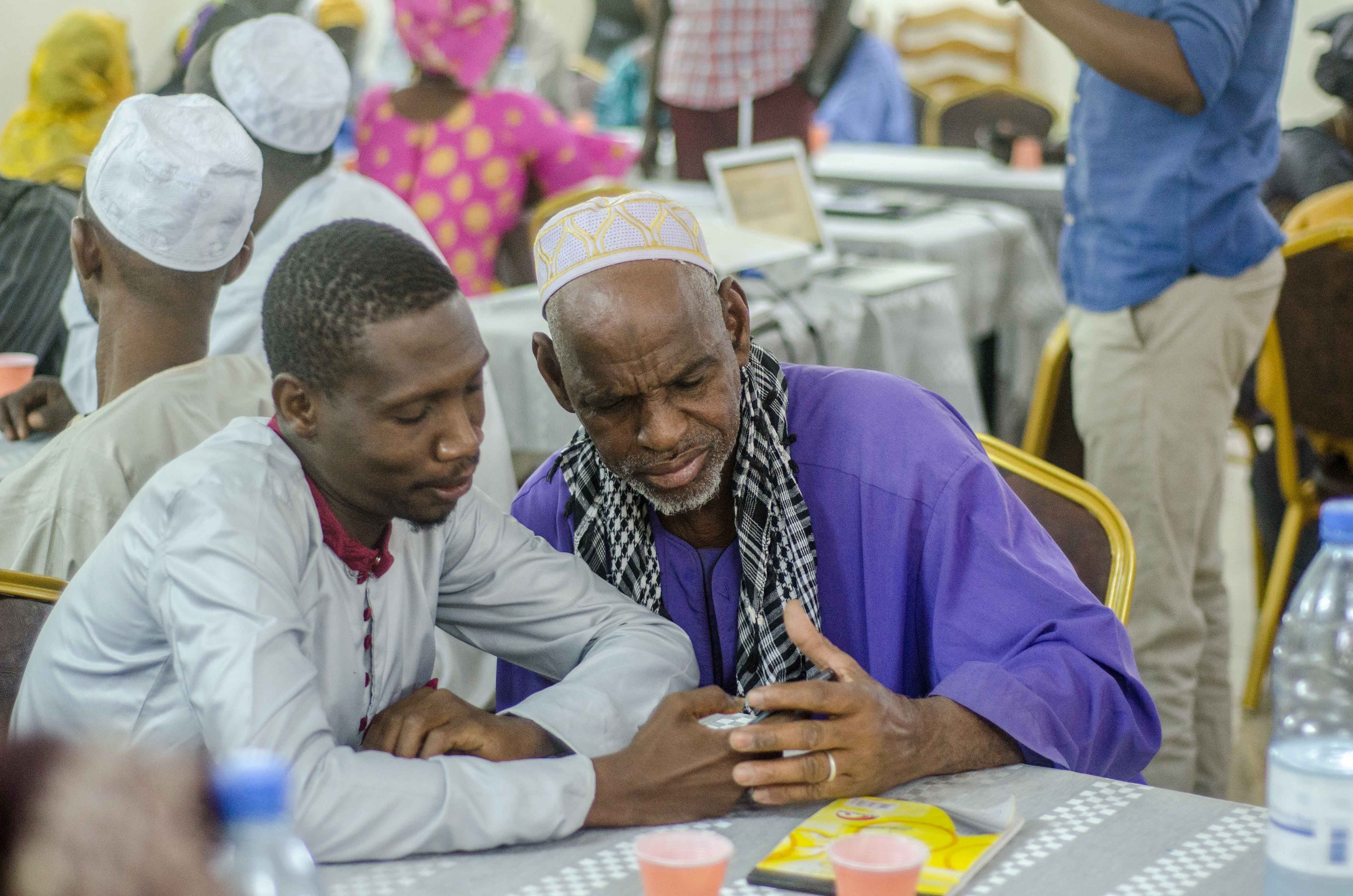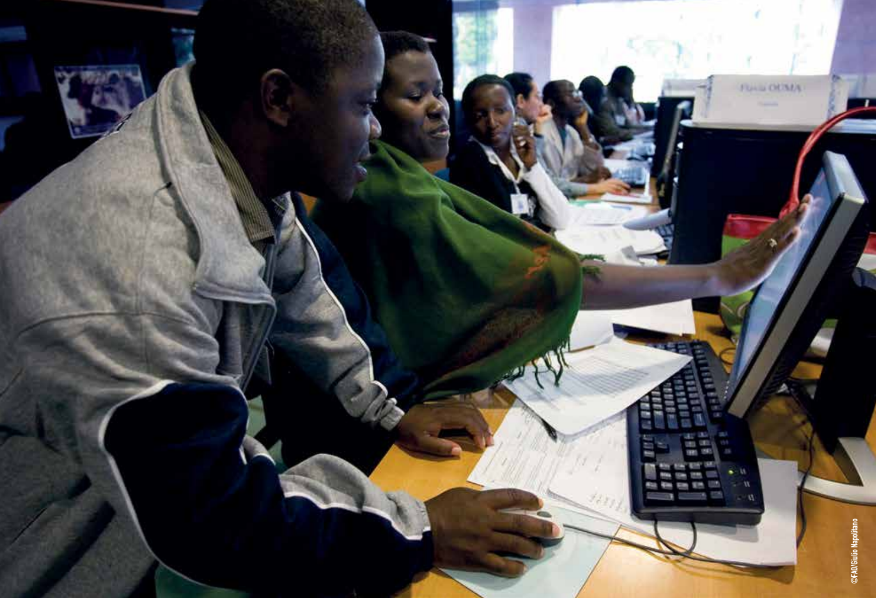About the Digital Services Portfolio

Originally, the Digital Services Portfolio was created to support advisory services in the field in the primary areas of agriculture: crop production and livestock keeping. The DSP applications were piloted initially for use in two districts of countries in Sub-Saharan Africa, Senegal and Rwanda, in 2017. Since then they have been scaled up at the national level in 2019 and then been rolled out to Egypt, Tanzania, Jordan, Iraq … These apps and services can now be adapted for use in other countries as well. Depending on the specificities of the countries roll outs, particular emphasis is put on needs of young, self-employed entrepreneurs, female headed households, breaking down the barriers for access and use of information through digital technologies.
DSP main elements
The DSP offers a main structure, with main themes and topics to be developed and expanded by the country to better adapt and respond to its specific needs within its specific context. It follows a product based approach, with a first basic offer from FAO but where the engaged stakeholders would then need to build on the skeleton provided, as default themes can always be expanded, and the countries always have the possibility to keep on expanding their agricultural advisory services.
The DSP builds firstly on four major themes that will help improving agricultural services and availability of local content but can and should be expanded to any other theme deemed beneficial from current implementations.
The four DSP Bases are:
Weather and Crop Calendar – This theme offers reliable weather forecasts, combined with an alert system that allows users to adjust their schedule and production activities based on meteorological data to highlight potential risks and help increase resilience.
Livestock – This theme is used to provide relevant information to livestock owners on animal production and health, including the control of animal diseases and gives advice on how to optimize livestock feeds. The information provided through the livestock app aims at helping reduce losses in assets and optimize productivity using locally available resources.
AgrimarketPlace - This theme is structured to deliver information to farmers on prices of important commodities in the surrounding markets.
E-NutriFood - This service provides users with information on farm production and conservation techniques of nutritious foods, as well as on value, nutritional value and consumption. Adequate information concerning the quality and combination of essential nutritional values of food are vital in fighting undernutrition, stunting and food insecurity.
A platform for flexible opportunities
Depending on the specificities of the country rollout, particular emphasis is put on the needs of young, self-employed entrepreneurs, female headed households, breaking down the barriers to access and use of information through digital technologies.



A Digital Public Good
The DSP has now been recognized as a digital public good, to help make available better data and models and provide more targeted services to public and private-sector partners to increase inclusion, resilience and adaptation.
With FAO having become a member of the Digital Public Goods Alliance in 2022, digital public goods are at the center of the Organization’s actions and are designed to use innovative and inclusive models for knowledge transfer from data platforms and evidence bases to the field. Expanding on new digital capabilities via the DSP is part of FAO’s efforts to positively influence the food and agriculture ecosystem towards creating and using digital public goods.
